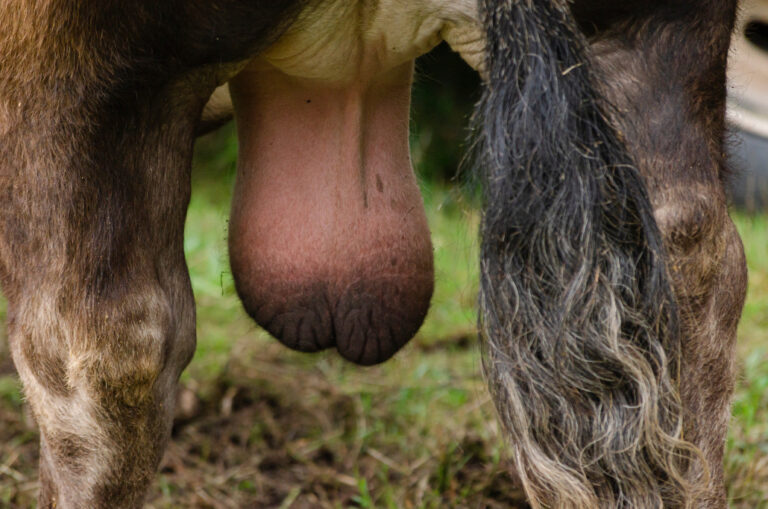In the secluded village of Kapchunyai, located in Suam town council in Bukwo District, eastern Uganda, an unusual discovery led investigators to a significant breakthrough in combating wildlife crime.
Rangers uncovered freshly detached buffalo testicles hidden in a pot at the home of a local resident, a grim clue that ultimately exposed the illegal killing of wildlife in Mount Elgon National Park.
This discovery resulted in the arrest and conviction of Moses Wamanga, 47, a peasant from Kapkobor, and Alfred Wekesa, 50, of Kapchunyai.
The two men faced multiple charges under Uganda’s Wildlife Act of 2019, including entering a protected area without permission, possessing buffalo meat and bushbuck tail without valid permits, and the illegal possession of a giant pouched rat.
These offenses carry severe penalties, including a fine of 200 million Ugandan shillings, life imprisonment, or both.
The poaching incident occurred in September 2023 at Mount Elgon National Park. Alongside Wamanga and Wekesa, 19-year-old Simon Gibsiri of Kapkobor ‘B’ cell was also charged but later acquitted due to insufficient evidence.
During her ruling last week, Chief Magistrate Gladys Kamasanyu of the Standards, Wildlife, and Utilities Court in Makindye, Kampala, denounced the actions of the convicted men.
“This was a deliberate and calculated attempt to harm wildlife,” Kamasanyu declared.
“The evidence proves their guilt beyond reasonable doubt.” She acquitted Gibsiri but held Wamanga and Wekesa accountable for their actions.
How the Buffalo Was Trapped
Court records revealed the chilling details of the poaching. The two men had set a wire snare to trap the buffalo, then skinned and butchered the animal, distributing large portions of its meat among themselves.
In an attempt to evade detection, they scattered the carcass remains and hid the testicles in a pot at Wamanga’s residence—a move that ultimately provided crucial evidence against them.
According to testimony, the meat had been smoked to disguise it as beef. Wamanga claimed that the smoked meat found by investigators had been prepared by his wife, but forensic analysis presented by the Uganda Wildlife Authority (UWA) confirmed it was buffalo meat.
Court Proceedings and Submissions
Latif Amis, the UWA prosecutor, called for a strict sentence to deter future wildlife crimes. “This kind of impunity must be stopped.
A strong sentence will send a clear message that such crimes do not pay,” Amis told the court.
However, defense lawyer Andrew Mugumya appealed for leniency, citing the remorse expressed by his clients. “Your worship, the accused deeply regret their actions and ask for a second chance,” Mugumya argued.
Chief Magistrate Kamasanyu, while convicting Wamanga and Wekesa, adjourned the sentencing to January 22, 2025.
A Clear Warning Against Wildlife Crimes
This case highlights the ongoing challenges in protecting Uganda’s rich biodiversity and serves as a stern reminder of the consequences of poaching.
While Wamanga and Wekesa await their sentencing, their conviction underscores the government’s commitment to safeguarding its wildlife heritage.

